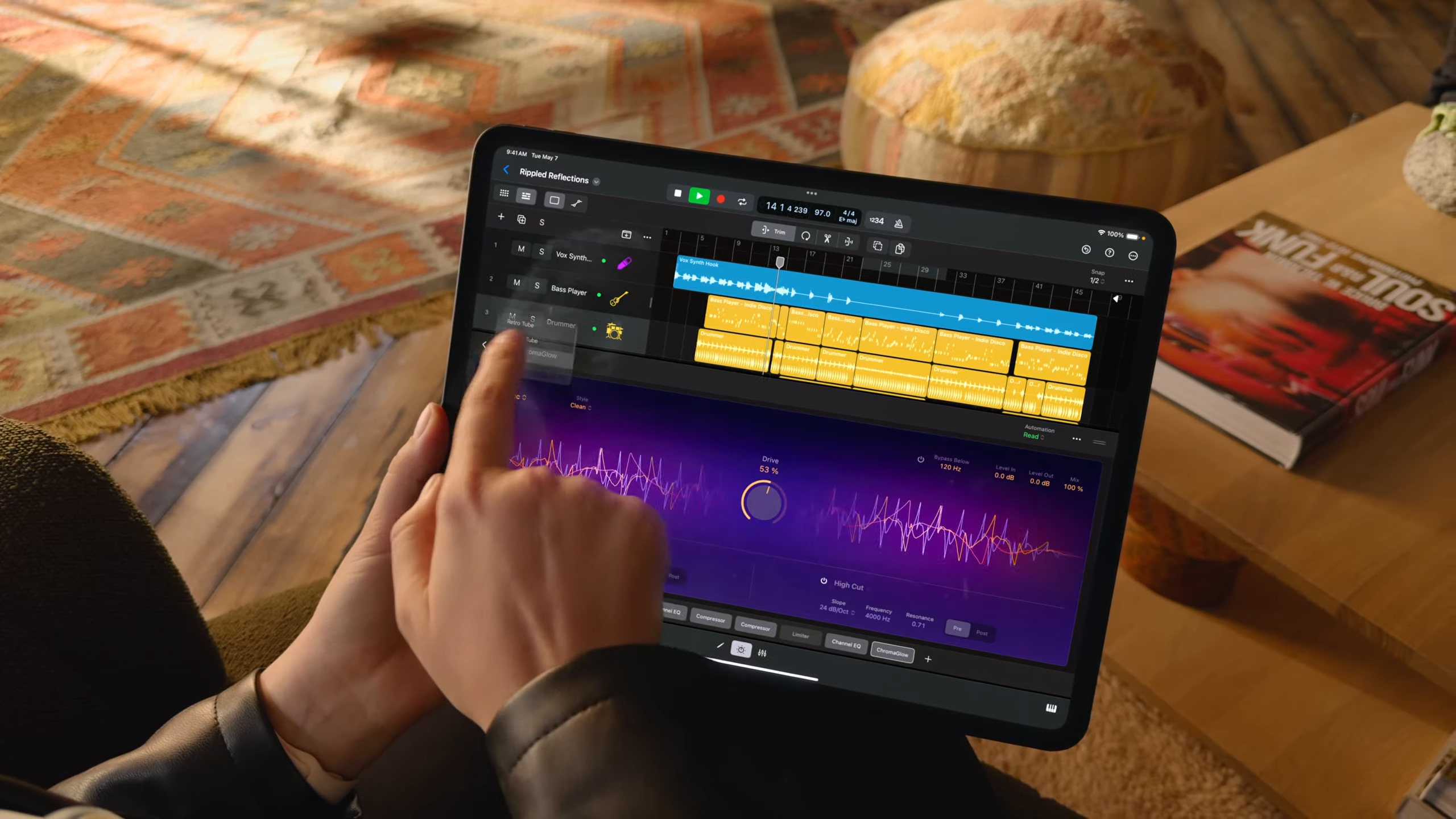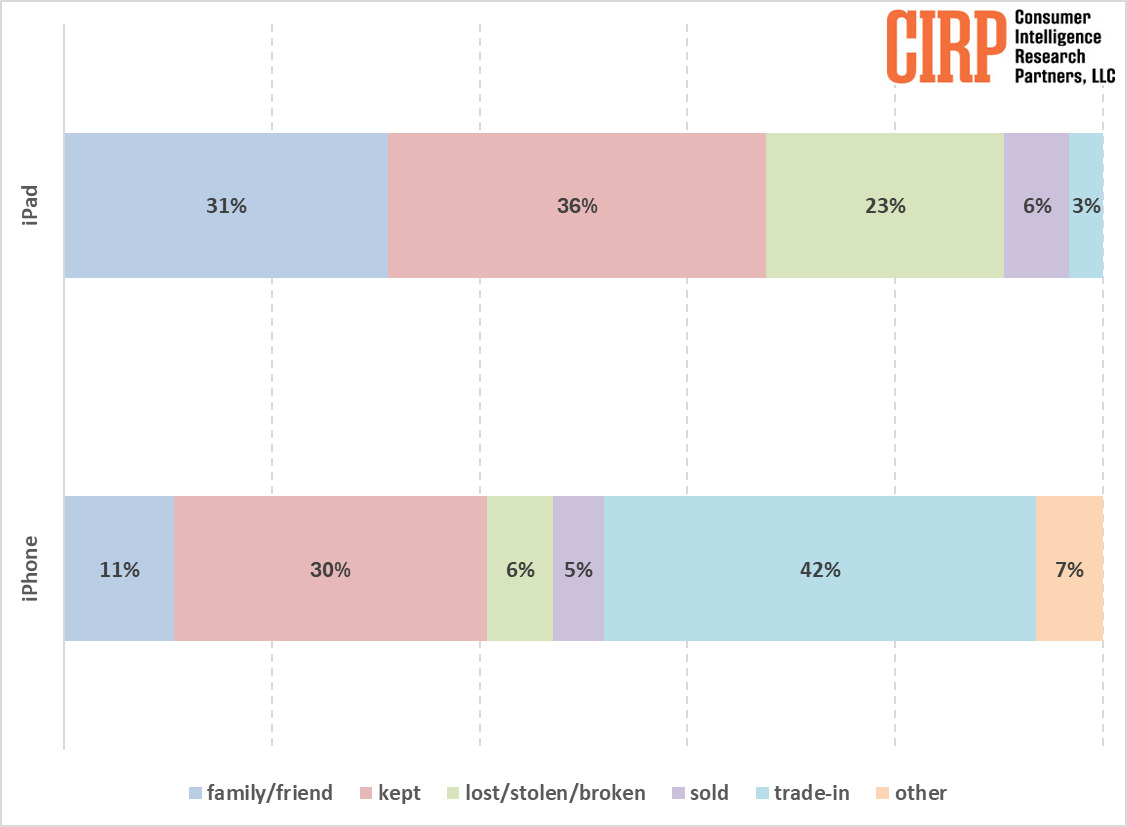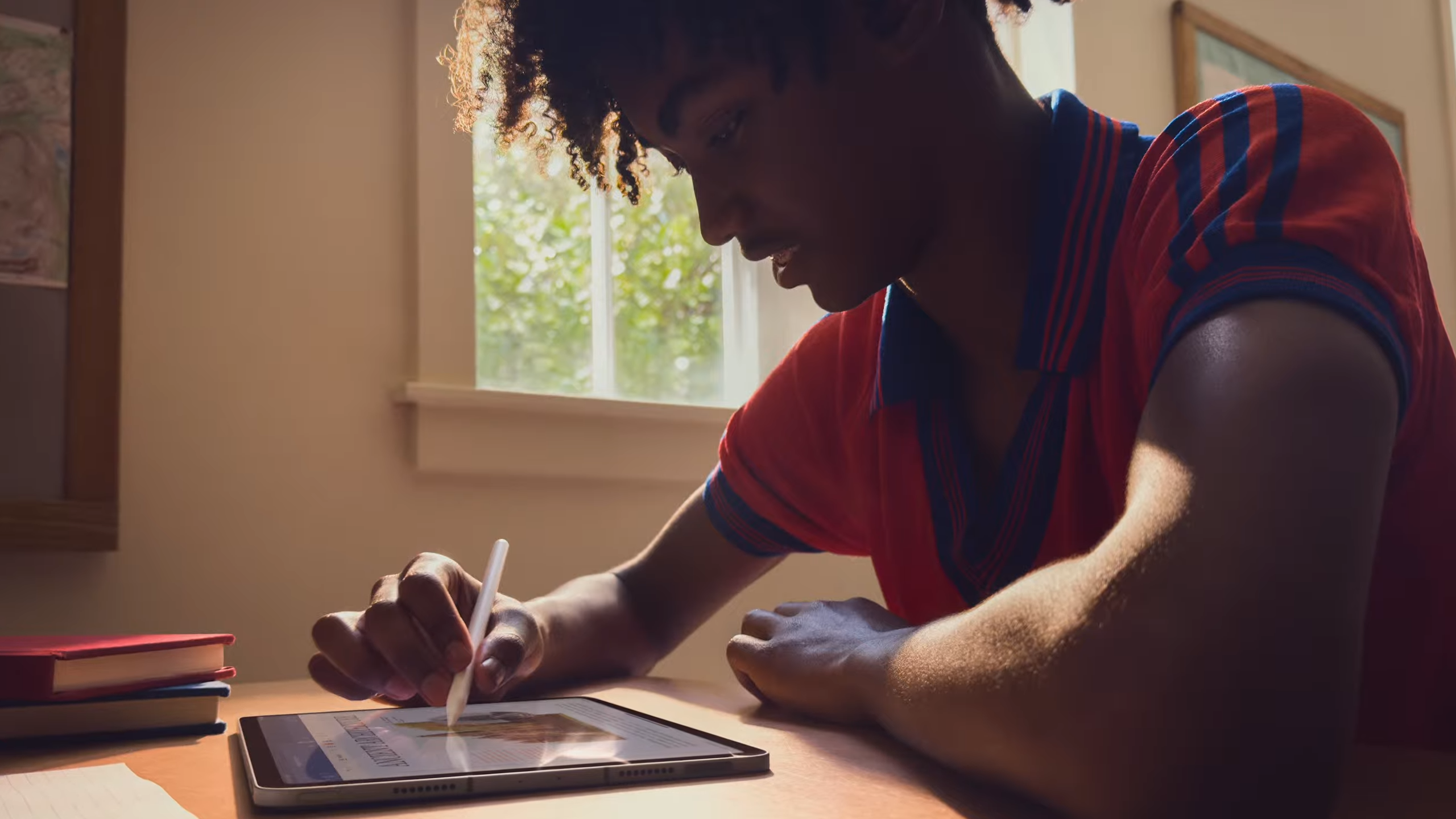People aren't racing to upgrade to the new iPad Pro M4 — here's why
iPad users are waiting to retire their old devices. Could iPadOS be the reason?

Sign up to receive The Snapshot, a free special dispatch from Laptop Mag, in your inbox.
You are now subscribed
Your newsletter sign-up was successful
This month Apple released its most powerful and pricey iPad yet: the iPad Pro M4. Apple also gave the mid-range iPad Air a spec bump with the M2 chip and a second, larger screen size. As impressive as these iPads are, do current iPad users really want to spend the money to upgrade? Maybe not.
A recent survey revealed some crucial insights about how long iPad users wait to upgrade. The results don't bode well for Apple, especially compared to the frequency of iPhone upgrades. The new iPads were supposed to help drum up excitement ahead of Apple's annual WWDC 2024 event in June, but current iPad users seem reluctant to trade in the tablets they already have.
Here's a look at the data and some possible reasons for sluggish iPad upgrades.
Apple users are waiting longer to upgrade their iPads

On Wednesday, research firm Consumer Intelligence Research Partners (CRIP) released data from surveys revealing iPad users wait longer than iPhone users to retire their old devices. When they eventually buy a new iPad, they are also more likely to keep their old one rather than trade it in.
According to CRIP's data, 42% of iPhone users reported trading in their old iPhone for a new one, compared to just 3% of iPad users. A staggering 67% of iPad users either kept their old iPad or gave it to a family member or friend. Plus, 30% of iPad users report replacing one when it was lost, stolen, or broken, compared to just 3% of iPhone users.
This indicates that "old" iPads are staying in use longer than iPhones, which could mean iPad users see fewer reasons to upgrade to a newer model. iPad users may even be waiting until their device is completely unusable to replace it, as in the case of iPads that are lost, stolen, or broken. Low trade-in rates also hint that for one reason or another new iPad models aren't enticing current users to make the switch.
Is iPadOS defeating the purpose of iPad upgrades?

The striking difference in upgrade behaviors between iPad and iPhone users may be bad news for Apple's pricey new iPad Pro M4 and iPad Air M2. However, there could also be an easy fix: iPadOS.
Sign up to receive The Snapshot, a free special dispatch from Laptop Mag, in your inbox.
With the exception of 2023, the iPad line-up received an update every year since the original model was unveiled. The iPhone also gets annual updates. So, why are upgrade and trade-in behaviors so different between the two user bases? One possible answer is that the iPad doesn't utilize the power of its hardware well enough for annual spec bumps to be meaningful.
The iPad Pro M4 is undoubtedly a powerful, impressive device, but if power users can't tap into the capabilities of the M4 chip, then it's no better than the M2 or M1 iPad Pros. iPadOS is arguably the biggest barrier to the iPad's full potential. Several critical issues continue to make it a clumsy, limited alternative to macOS.
It's also worth considering how the average person uses their iPad. Much as Apple wants the iPad to be a laptop replacement, for most people, it's just a handheld entertainment device. A more powerful, AI-enhanced processor isn't going to make Disney+ look any better than it did on the previous year's iPad. This is likely a big reason why so many people either keep their old iPads or give them to friends or family.
Apple needs to make meaningful improvements to iPadOS if it wants the iPad to appeal to power users who are more likely to be interested in annual upgrades.
Outlook
Luckily, WWDC 2024 is right around the corner, where we're expecting Apple to unveil iPadOS 18. Hopefully, this update will include some quality-of-life improvements, but will they be enough to make the iPad Pro M4 worth it? We'll have to wait and see.
For more news, rumors, and updates on everything related to the iPad, iPadOS and all things tech, follow Laptop Mag on X, Facebook, and Flipboard for the latest news as it arrives.
More from Laptop Mag
- iPad Air 6 vs iPad 10: What's the best iPad for most people in 2024?
- Apple did nothing wrong: The new iPad Pro ad crushed it
- Did Apple forget about the iPad Mini?

Stevie Bonifield is a freelance tech journalist who has written for PC Gamer, Tom's Guide, and Laptop Mag on everything from gaming to smartwatches. Outside of writing, Stevie loves indie games, TTRPGs, and building way too many custom keyboards.
